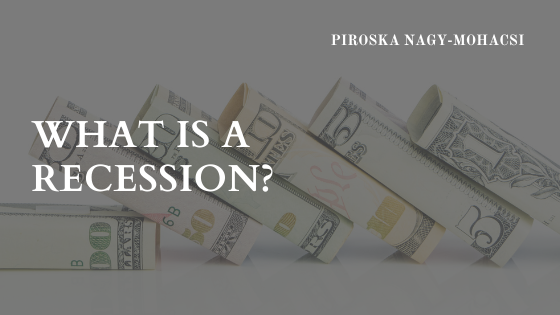A recession is a period of economic decline that lasts for several months or even years. It can be triggered by various factors such as rising unemployment, a drop in manufacturing and income, and falling retail sales. Recessions are considered a part of the business cycle and are typically the result of a steady decline in a country’s economy.
A recession can cause people to lose their jobs, companies to lose sales, and the country’s output will decline. Determining when the economy officially enters a recession depends on various factors.
For the United States, the National Bureau of Economic Research is the authority that defines the start and end dates of recessions. To them, a recession is when a significant decline in economic activity occurs over a few months.
Various factors can trigger a recession. Some of these include an economic shock, a decline in consumer confidence, and unrestricted inflation. Here are some reasons that could cause the recession to happen in the first place:
–Too Much Debt: Over-indebted individuals and businesses can lead to a recession because they can no longer pay their bills. This can cause the economy to shrink as more companies and individuals default on their debts.
–Sudden Economic Shock: A sudden economic shock can cause severe financial damage. For instance, around the 1970s, there was an oil supply cut-off by the Organization of the Petroleum Exporting Countries, which caused a recession in the US. Something more recent is the pandemic which has also caused economic disruptions.
–New Technology: Despite the technological advancements over the past few decades, there are still periods of adjustment that can be expected to appear as the economy adjusts to the changes brought about by new technology. During the 19th century, the Industrial Revolution led to the elimination of many jobs. Some economists believe that artificial intelligence and robots could cause a recession if they eliminate too many jobs.
–Asset Bubbles: When investors get carried away by the optimism surrounding a solid economy, they tend to get carried away by the adverse effects of the recovery. This is called irrational exuberance, and it can cause real estate and stock market bubbles.
